While decorative vinyl flooring tiles are fashionable, vinyl records have gone the way of the disco and VCRs. Vinyl flooring tile is breaking wholesale records at low price and is becoming more and more popular among homeowners.
This is perhaps because vinyl flooring has certain advantages. It offers a comfortable walking surface, is long-lasting, and is simple to install and maintain.
But do you need vinyl flooring? There are certain crucial factors you need to take into account when buying vinyl. See our list below.
Vinyl flooring: What Is It?
Polyvinyl chloride plastic, a synthetic material, is used exclusively in constructing luxury vinyl flooring (PVC). Vinyl tiles or planks are created by heating and pressing PVC into thin layers that are then glued together.
Each vinyl piece has a photorealistic visual layer that represents the appearance of hardwood, stone, or ceramic. It also has a textured surface layer that is meant to resemble the feel of natural wood grains and minerals.
Vinyl is resilient, adaptable, inexpensive, and resistant to wetness and heavy foot activity. It is frequently mistaken for other resilient flooring materials like linoleum and laminate.
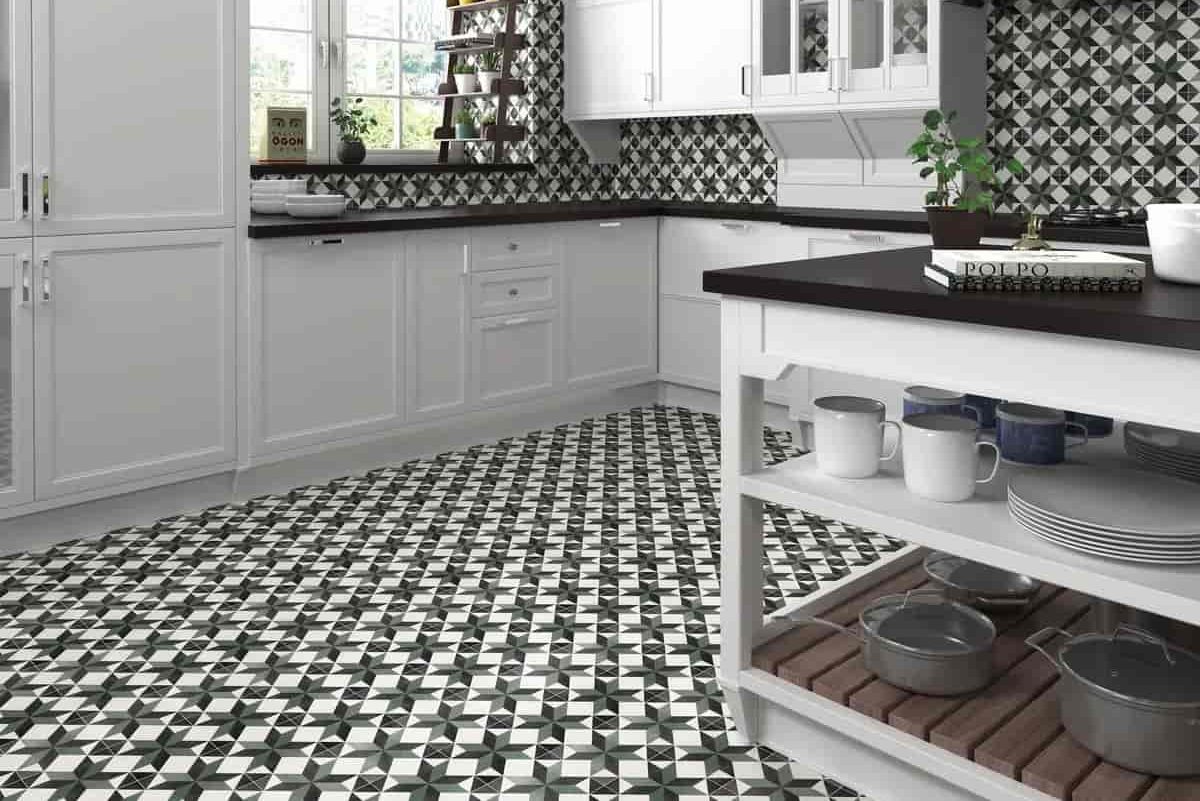
However, despite certain similarities between the two products’ constructions, luxury vinyl cannot be mistaken for laminate.
Vinyl Flooring Types
Sheet flooring and tile flooring are the two types of vinyl flooring. It is simple to install and water-resistant sheet flooring, which is spread down in sheets that are 6 or 12 feet wide.
Vinyl tile flooring is more affordable than ceramic tile and has the same aesthetic. The tile sizes are 9 or 12 square inches. Plank-shaped Luxury Vinyl Tile, which imitates stone or wood, is typically 7″ wide by 48″ long.
Vinyl Finishes
For vinyl flooring, there are three different sorts of treatments, all of which produce lovely results.
No-wax finishes for vinyl: The lightest kind, it’s ideal for places with little foot activity and little exposure to dampness and dirt.
Urethane coating: This finish is more robust, heavier, and can withstand light foot traffic. It is also scratch-and-stain-resistant and simple to maintain.
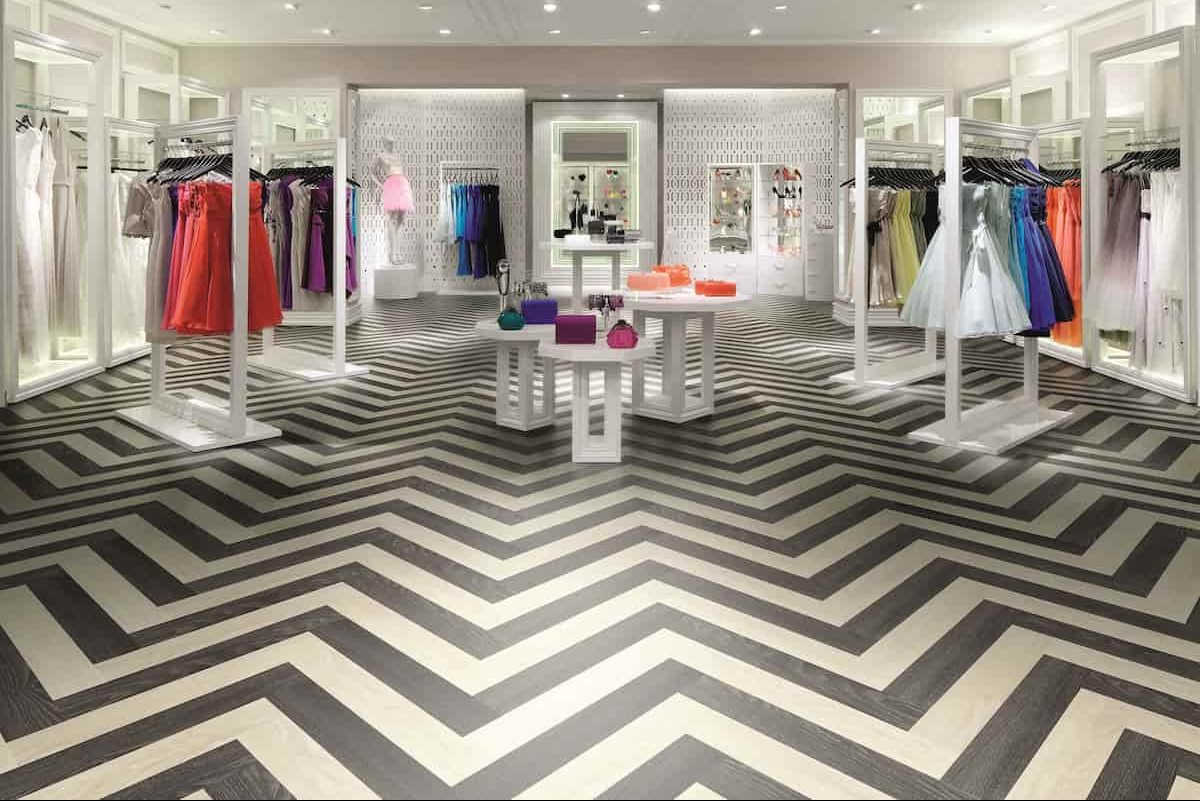
Superior urethane finish: This is the hardest option and can withstand the most foot traffic. It is extremely resistant to scratches and stains and maintains its brilliance for a long time without continuous maintenance.
Vinyl flooring tile is one of the most affordable flooring solutions available in terms of cost per square foot. You can anticipate paying $2–$12 per square foot on average to have it installed.
Luxury Vinyl Tile, or LVT to those of us in the trade, is also reasonably priced, with installation generally being between $3 and $14 per square foot. Vinyl offers tremendous financial advantages over flooring made of wood, stone, or ceramic.
And if you’re handy, you may further reduce costs by doing the vinyl flooring installation yourself. You should anticipate spending $1–2 less per square foot if you handle the installation yourself; however, we are always pleased to do it for you. This depends on the project’s intricacy.
Installation Simplicity
Vinyl flooring installation is frequently simpler than the installation of other flooring types. For instance, glue or staples are not needed to attach a floating vinyl sheet. Instead, a prepared subfloor can simply be covered with peel-and-stick vinyl.
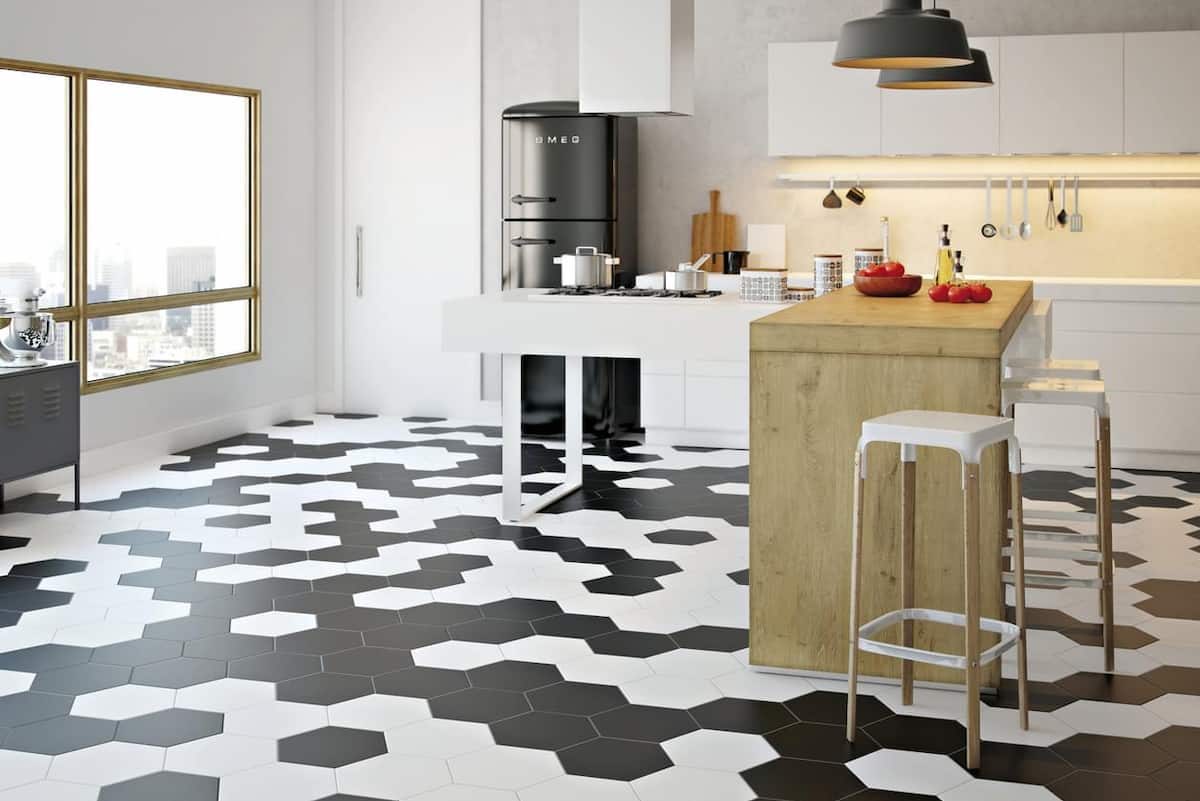
Additionally, vinyl flooring can be put down over plywood, hardwood, or concrete. It can even be placed over existing vinyl, but if there are two or more layers already there, it isn’t advised.
Durability
It’s hard to find a more durable flooring option than vinyl. If installed and cared for properly, it has a lifespan of 10–20 years.
Nonetheless, vinyl works wonderfully in busy rooms of the house. In addition to being resistant to spills and scratches, vinyl flooring typically features a wear layer. In fact, the wear layer on some vinyl products is guaranteed for 15 years. Like any flooring, its durability depends on the quality of the materials used.
Resistant to Stains
As previously indicated, some vinyl flooring contains a wear layer that repels spills and stains; you may anticipate this protection with printed vinyl flooring. On the other hand, vinyl tiles that are solid or composite don’t have this surface protection.
Due to their increased susceptibility to stains, they occasionally need to be stripped and polished to maintain their brand-new appearance.
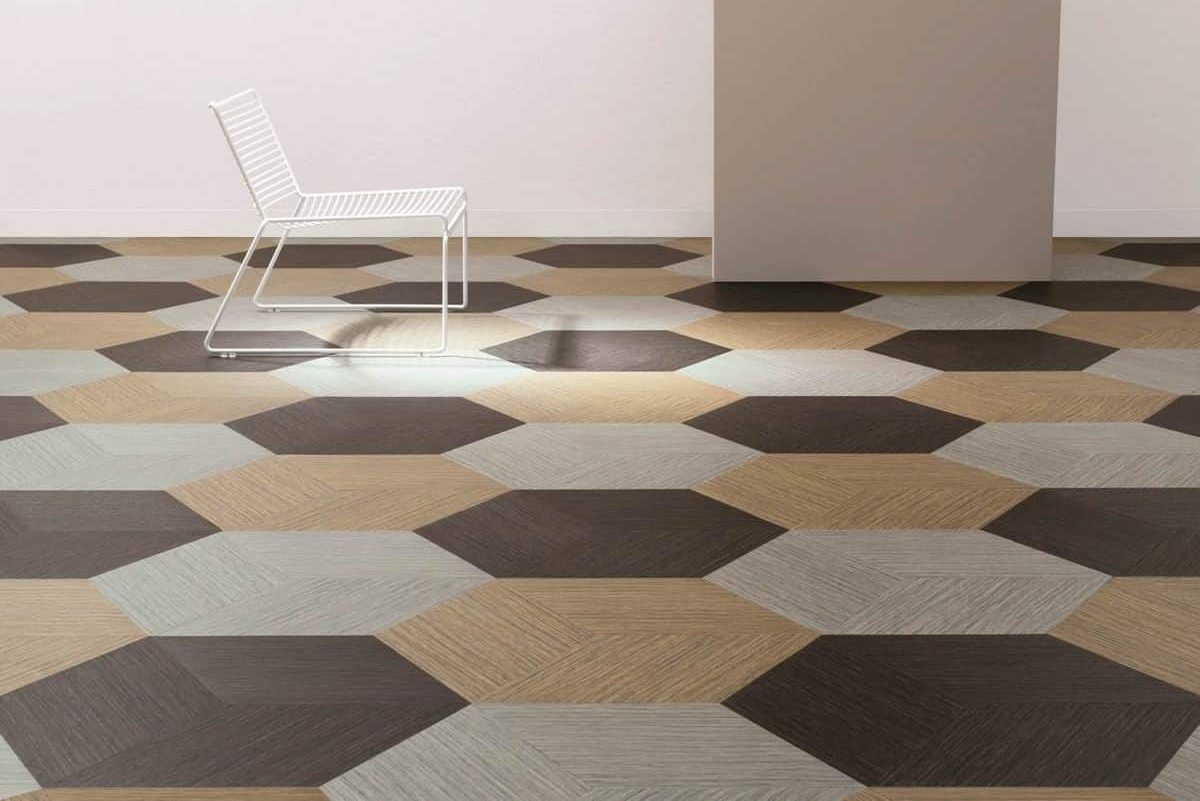
Thickness
Typically, vinyl feels velvety under your feet. Walking on vinyl is now more comfortable, thanks to the addition of padding to some vinyl sheets and tiles. Additionally, “resilient” floors are a common term used to describe vinyl flooring.
This implies that the floors have some give to them as you walk on them. Luxury Vinyl Tile has sound-absorbing qualities, so it is also quieter.
Usage Recommendation
Due to its longevity, vinyl tiling is a fantastic option for bathrooms and kitchens alike.
Basements
The family room
Clothes dryers
Maintenance
Vinyl tiling truly shines in this particular application. Maintenance is typically simple.
To maintain your flooring looking its best, just dampen a mop after sweeping your vinyl floor to remove dirt and grit (using a vinyl floor cleaner that has been certified for use). The majority of vinyl flooring has a “no wax” finish and will remain lustrous even after mopping.
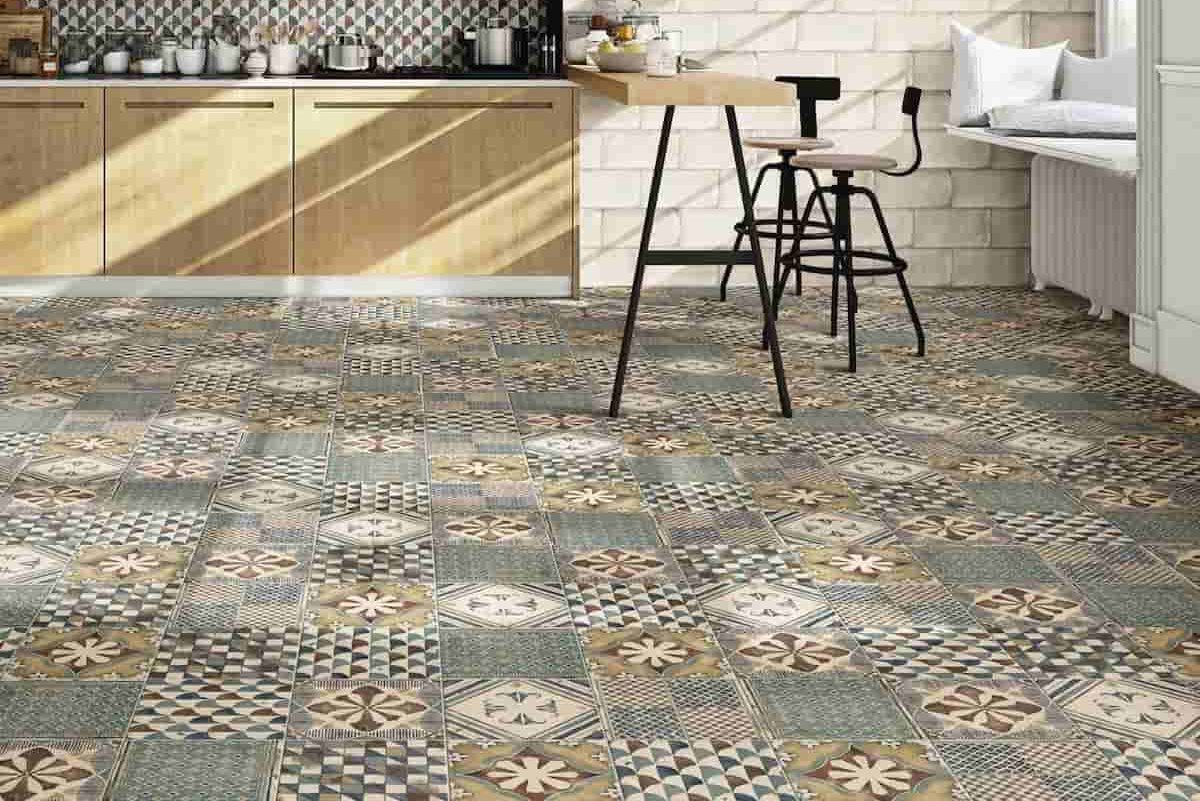
Design Some people could argue that vinyl flooring’s design options are its most appealing quality; due to its adaptability, vinyl is a homeowner favorite.
Your possibilities are essentially unlimited because vinyl flooring is available in such a wide variety of hues and patterns.
For instance, combining solid and composite vinyl might result in unusual, haphazard designs. Another option is printed vinyl. It will allow you to mimic the appearance of stone or hardwood without having to spend money to use those actual natural materials.
Vinyl mending
Vinyl flooring of the highest caliber is quite robust. However, low-quality vinyl can be difficult to refinish and is prone to tears and rips.
This is particularly valid if you’re utilizing sheet vinyl. Vinyl flooring must be removed and replaced if it is damaged since it cannot be resurfaced.
Sunlight
Unfortunately, sunlight can harm the majority of flooring types. In direct sunlight, vinyl flooring may eventually deteriorate. In times of intense sunshine, it is advised that you close the curtains to preserve your flooring.
As you can see, vinyl flooring is a fantastic option for spaces in your house that get a lot of traffic. It is a popular option for people who want to enhance the appearance of their home because of its durability, affordable cost, and ease of upkeep.
And since there are so many design options, vinyl offers a variety of beautiful styles and finishes. Please contact us if you need any additional assistance choosing your flooring. We would be pleased to discuss your vinyl flooring alternatives with you.
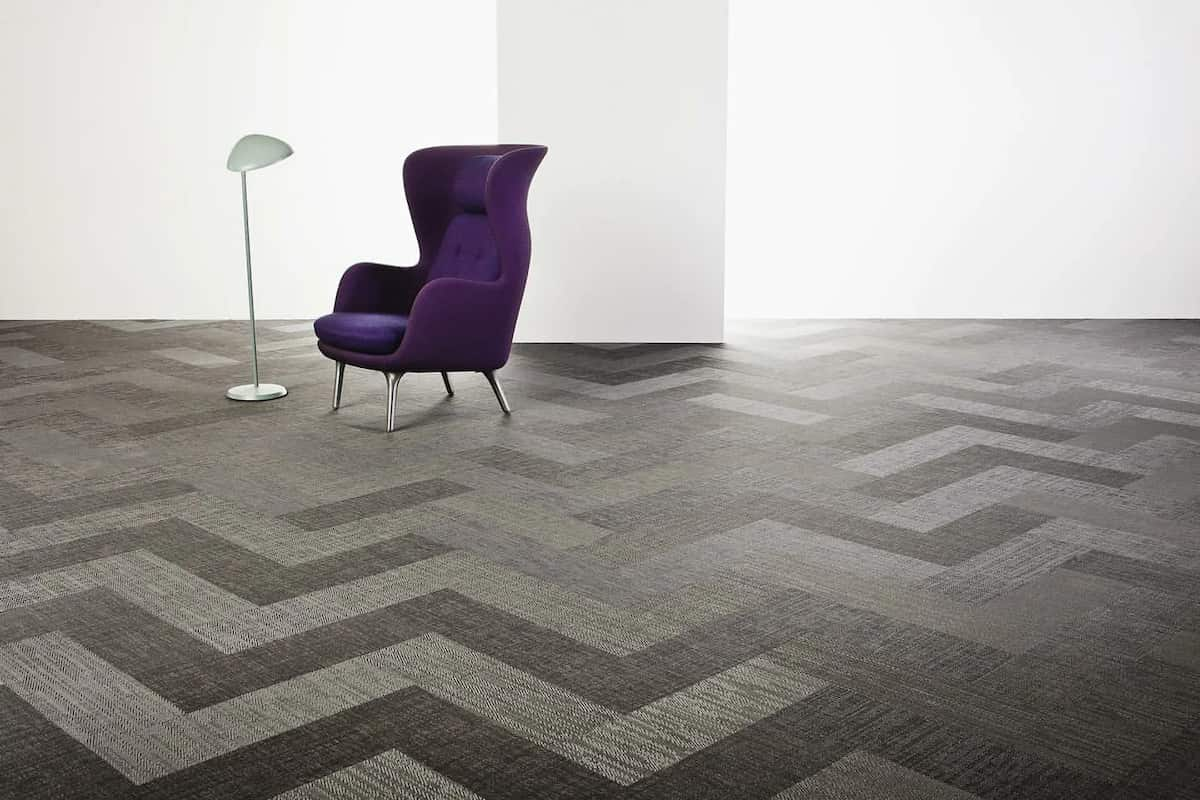
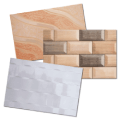
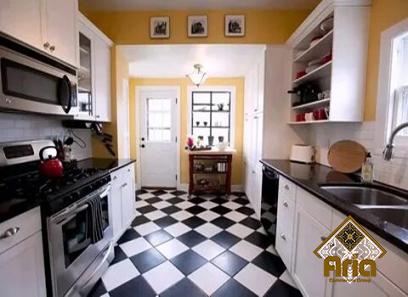
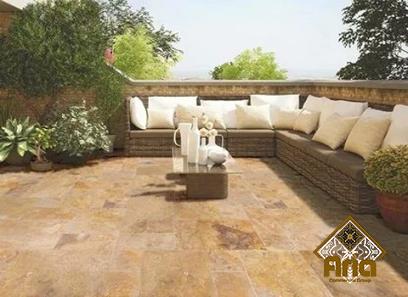
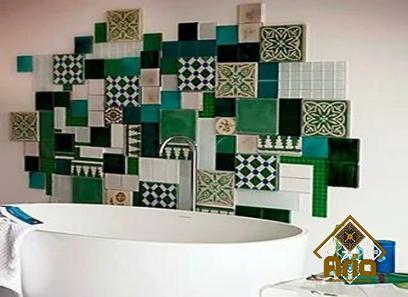
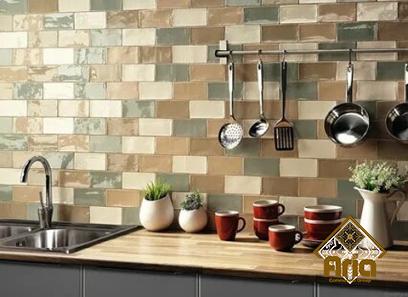
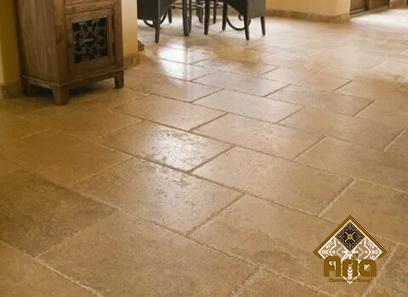
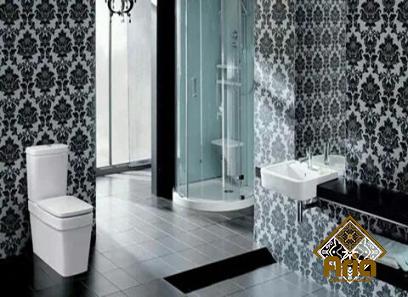
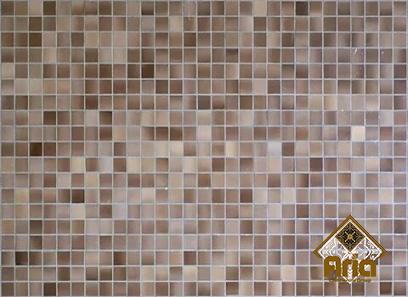
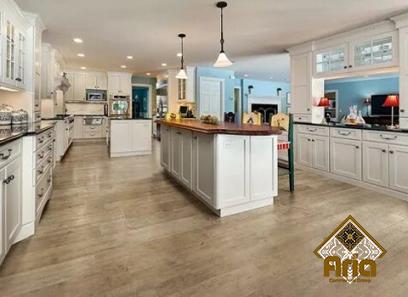
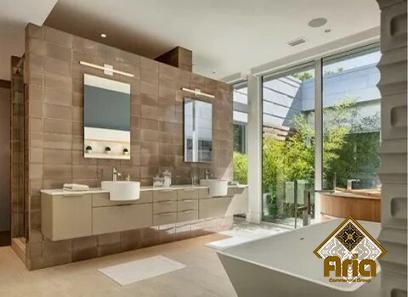
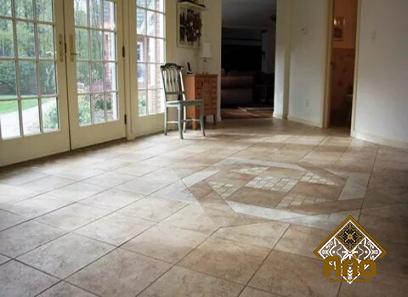
Your comment submitted.